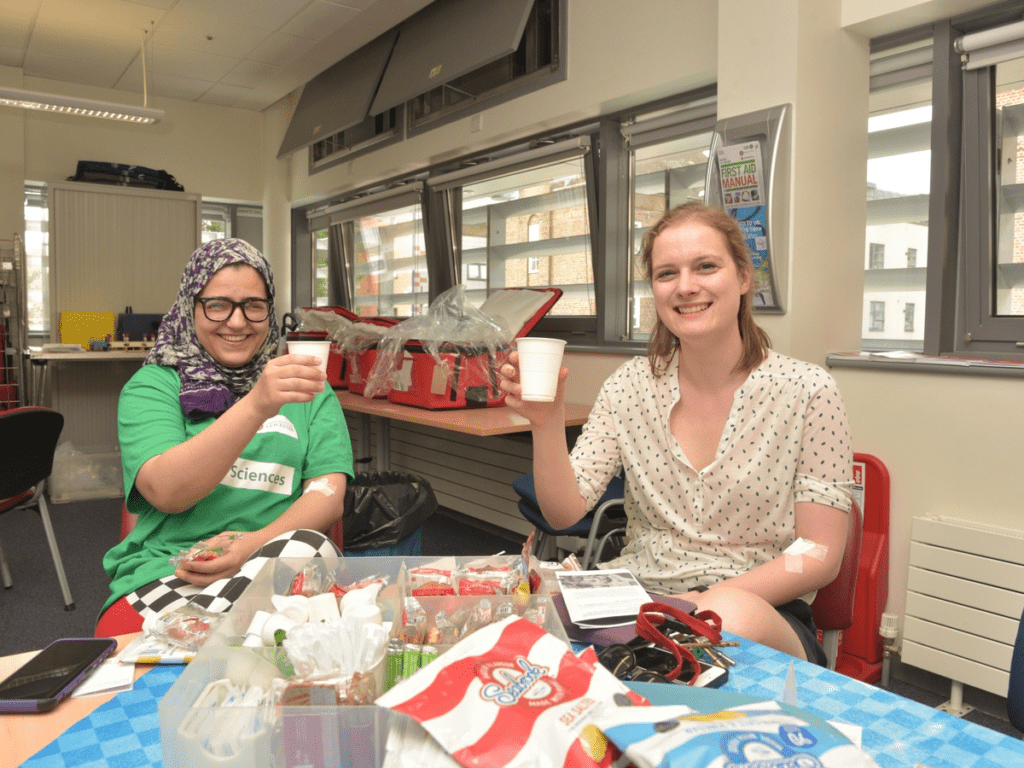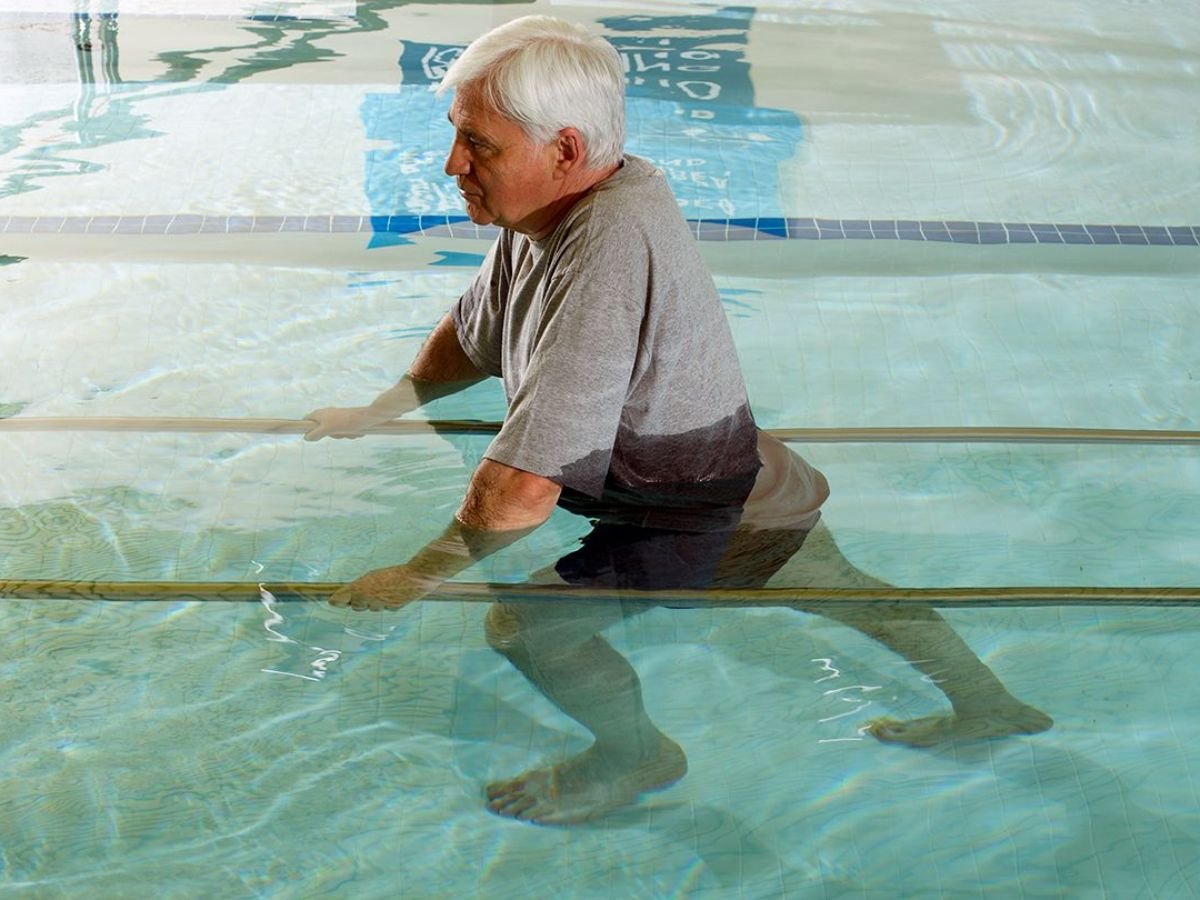Kidney filter blood in the human body. Normally, the kidneys filter around half a cup of blood per minute. The kidneys eliminate wastes and excess water during the filtering process, resulting in urine. They occasionally fail to filter the blood properly due to underlying renal problems. This can result in renal failure.
Dialysis or a kidney transplant are the two therapy choices for patients with kidney failure. Dialysis substitutes some kidney functions by filtering blood, which is done three times a week in most dialysis patients using an external dialysis machine. Each treatment is three to four hours long and can have a significant detrimental influence on one’s quality of life.
More critically, individuals who continue to get dialysis have kidney failure and are thus at constant risk of complications. Chronic exhaustion, anaemia, loss of taste and appetite, nausea, vomiting, and widespread itching are among the consequences. Heart failure, a heart attack (myocardial infarction), and stroke are more serious consequences.
A kidney transplant, especially from a living donor, is the best choice for people with renal failure. A successful kidney transplant may be able to cure kidney disease.
Basit Javaid, MD, the Memorial Transplant Institute’s Medical Director of Adult Renal Transplant, emphasises that for patients with advanced kidney disease and an expected need for dialysis, a preemptive kidney transplant – meaning a kidney transplant without dialysis – is the best alternative
He goes on to say that dialysis duration can have a negative impact on kidney transplant outcomes. “The longer a person is on dialysis before having a transplant, the greater the chance of problems,” Dr. Javaid explained. “To reduce the risk of these problems, our goal at Memorial is to eliminate or reduce dialysis exposure for all patients in need of a transplant to the greatest extent possible. In an ideal world, all transplant candidates would receive a kidney transplant.
proactively or with as little time on maintenance dialysis as feasible to reduce problems and enhance survival”

Kidney transplantation, according to Seyed Ghasemain, MD, Chief of Abdominal Transplant Surgery, is still the best treatment for patients with severe chronic kidney disease.
“A successful kidney transplant can increase a patient’s longevity while also improving their quality of life. Although living donor kidney transplants produce the best results, for patients with chronic kidney disease, a successful deceased donor kidney transplant produces a remarkable improvement in both longevity and overall quality of life, with most patients experiencing a doubling of life expectancy at a minimum when compared to dialysis “Dr. Ghasemain explained.








































